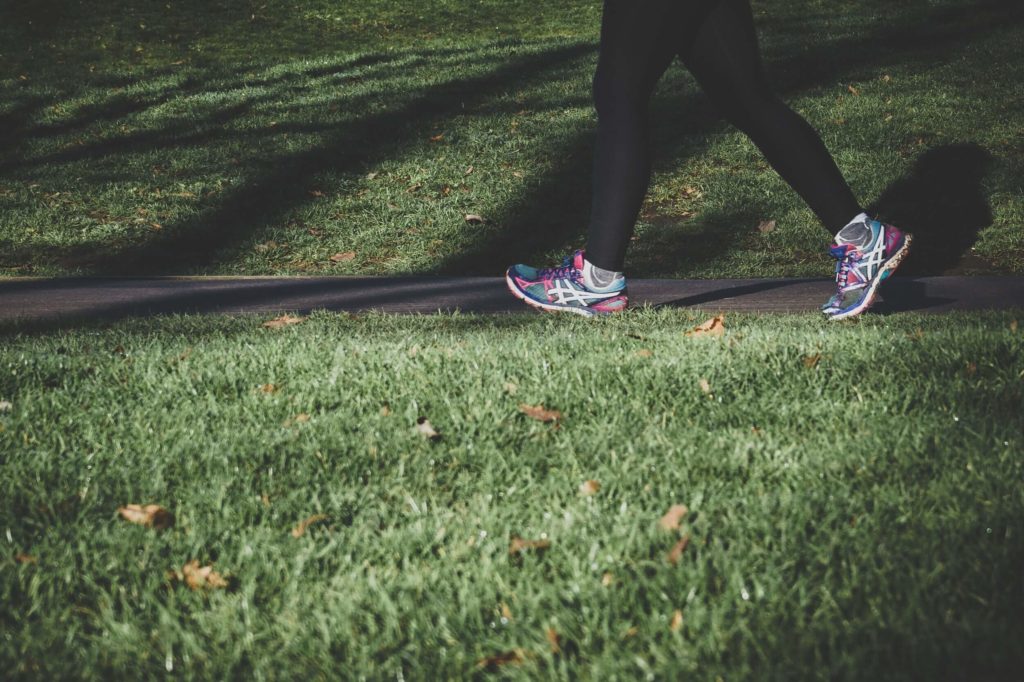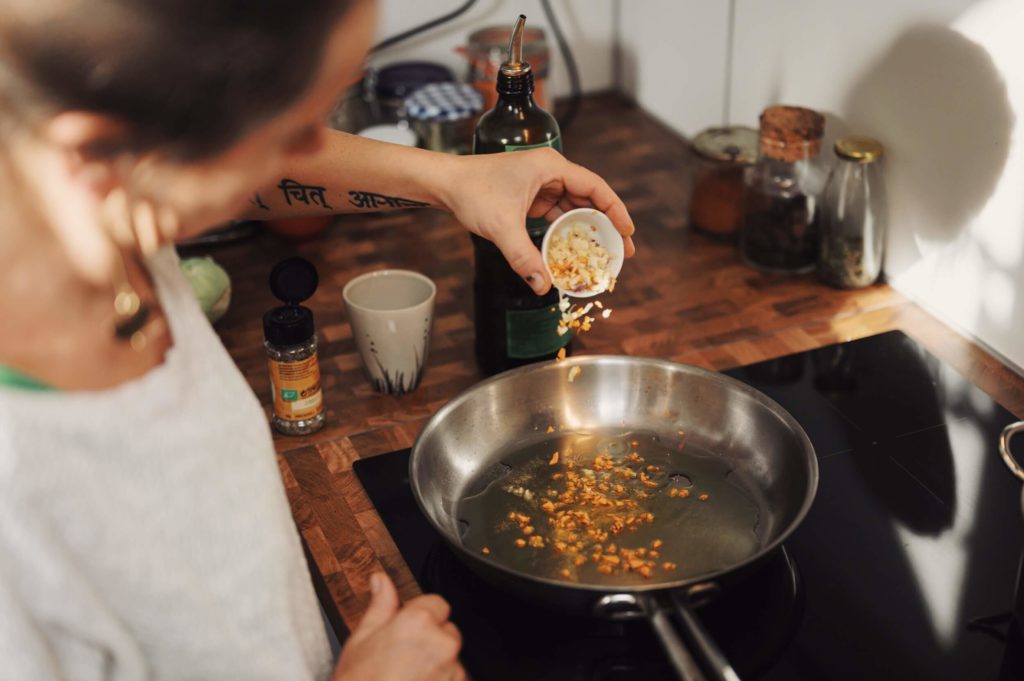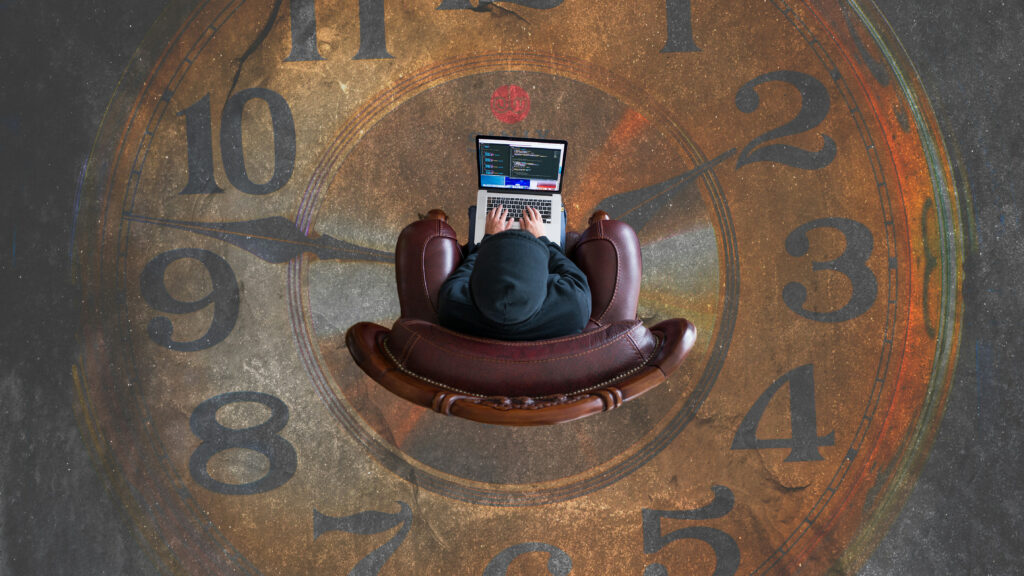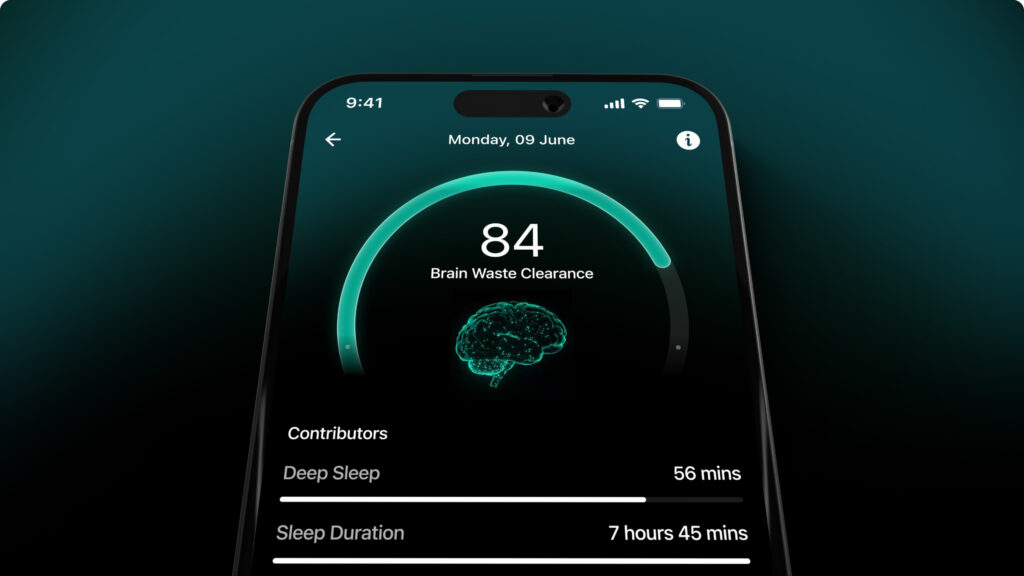Self-care has been earning a bit of a bad reputation. Popular culture has us believe that self-care is all about bubble baths, massages, and Margaritas on a Friday afternoon.
But that’s a skin-deep idea of the term. While there’s nothing wrong with an occasional treat, self-care could be as simple as learning to say no, choosing to not abandon yourself, prioritising sleep, engaging with a non-work hobby and maintaining work-life boundaries.

Highlights
- While there’s nothing wrong with an occasional treat, self-care could be as simple as learning to say no, choosing to not abandon yourself & prioritising sleep,
- Self-care is anything that helps us maintain our physical and mental health, which also includes optimal nutrition and hygiene, with or without the intervention of a healthcare provider,
- Purpose-driven activities, exercise, and focusing on sleep, diet and mental health are a few ways to practice self-care.
Self Care
“I am not what happened to me, I am what I choose to become”, renowned psychoanalyst Carl Jung’s
Carl Jung’swords unwittingly resonate with the idea of self-care as a conscious choice.
Contrary to general perception, self-care is not the same as being selfish or engaging in acts of self-indulgence.
What is Self Care?
The World Health Organisation has defined self-care as: “the ability of individuals, families, and communities to promote health, prevent disease, maintain health, and to cope with illness and disability with or without the support of a healthcare provider.”
The World Health Organisation has defined self-care as: “the ability of individuals, families, and communities to promote health, prevent disease, maintain health, and to cope with illness and disability with or without the support of a healthcare provider.”

Kelsey Patel, a Los Angeles–based wellness expert, says that “Self-care is part of the answer to how we can all better cope with daily stressors. It’s work stress.
It’s the stress of trying to keep up with the pace of daily life, which technology has hastened more than ever (just think how many emails come flooding into your inbox each day).
“People are feeling lonelier and less able to unwind and slow down, which makes them feel more anxious and overwhelmed by even the simplest tasks.” All of this goes to show that self-care is absolutely critical for our well-being.
There is no right or wrong way to practice self-care. It is subjective. “What self-care is for one person will likely differ from what it means to someone else, and what’s self-care for you one day might not feel like self-care another day,” says Marni Amsellem, PhD, a licensed psychologist.
Now that we’ve clearly established what self-care constitutes, let us take a look at the different categories of self-care to help us get started!
Types of Self-Care
1. Physical Self Care
Physical self-care is prioritising the health of our bodies. This involves undertaking an exercise routine, eating balanced and healthy meals, and following them up with the required amount of rest and sleep.
2. Mental & Emotional Self Care
Attention is synonymous with self-care. Pay attention to your inner life. Allowing yourself to take a break when needed and recognise your triggers leading to stress.
Another important step is to practise gratitude. Neuroscience research suggests that when we express genuine gratitude, our brain releases dopamine and serotonin, the mood-enhancing neurotransmitters.
3. Spiritual Self Care
Spiritual self-care involves meditating, acts of kindness, and working towards non-materialistic goals. It involves chipping away all the things that seek to bring us down and letting the letting within us shine in all its glory.
Additionally, practising mindfulness and observing our thoughts, when, where, and why they arise also proves to be extremely beneficial.

Few Self-Care Best Practices/habits for Body and Spirit
1. Purpose-driven activities
According to the Japanese philosophy of Ikigai, having a passionate purpose in life and a goal to strive toward, helps us live a longer, more satisfying life.
Ikigai explains why the Japanese have the longest life expectancy in the world, as the practice of Ikigai is deeply embedded in Japanese culture.
2. Exercise for Self Care
This comes as no surprise. According to a study published in JAMA Network Open, people who exercised anywhere between two to eight hours per week increased their life expectancy from 29 to 36 percent.
Exercise is known to speed up metabolism, increase cardiovascular activity and release endorphins. Self-care is essentially about balance and moderation. Overexercising then is contradictory to self-care. Choose active recovery days.
3. Practice Self-Care Outdoors
Nature-based self-care is an important part of your wellness arsenal. It helps you slow down and employ your senses.
One doesn’t have to scale mountains or go on arduous treks. Sitting on your balcony and enjoying the sights and sounds around you, observing sunlight streaming through tree leaves, or walking barefoot on grassy trails can be powerful mindfulness exercises.
“Forest bathing”, a practice inspired by the Japanese tradition of shinrin-yoku can be a great guide in practising self-care.
4. Diet
Eating right may sound simplistic. Eating mindfully will go a long way. The use of nutrition tracking apps could help you understand your eating habits.
Address your unique emotions and coping mechanisms associated with eating. Take time to enjoy your meals with dedicated lunch breaks.
5. Sleep
Sleep is the most accessible aid in the self-care toolkit. The pandemic and consequent lockdowns have disrupted most of our sleep schedules. A regular sleep schedule and sleep hygiene are paramount to self-care.
6. Mental Health
Journaling can help you recognise your self-defeating patterns and monitor your triggers. Visiting a mental health professional is as important as visiting a physician in case of emotional overwhelm. Prioritize supportive social and emotional connections. Self-care is not a self-improvement project.
Conclusion
Dr.Sarah Cotton, a Melbourne-based organisational psychologist offers a succinct definition of self-care as the deliberate act of taking care of your mental, emotional and physical well-being.
It’s getting out of auto-pilot to work out what we need and make sure our needs are met. Self-care is not always the same as feel-good indulgences. Self-care is about getting back to basics, not putting yourself last, and knowing when to reach out for help.
Disclaimer: The contents of this article are for general information and educational purposes only. It neither provides any medical advice nor intends to substitute professional medical opinion on the treatment, diagnosis, prevention or alleviation of any disease, disorder or disability. Always consult with your doctor or qualified healthcare professional about your health condition and/or concerns and before undertaking a new healthcare regimen including making any dietary or lifestyle changes.
References







